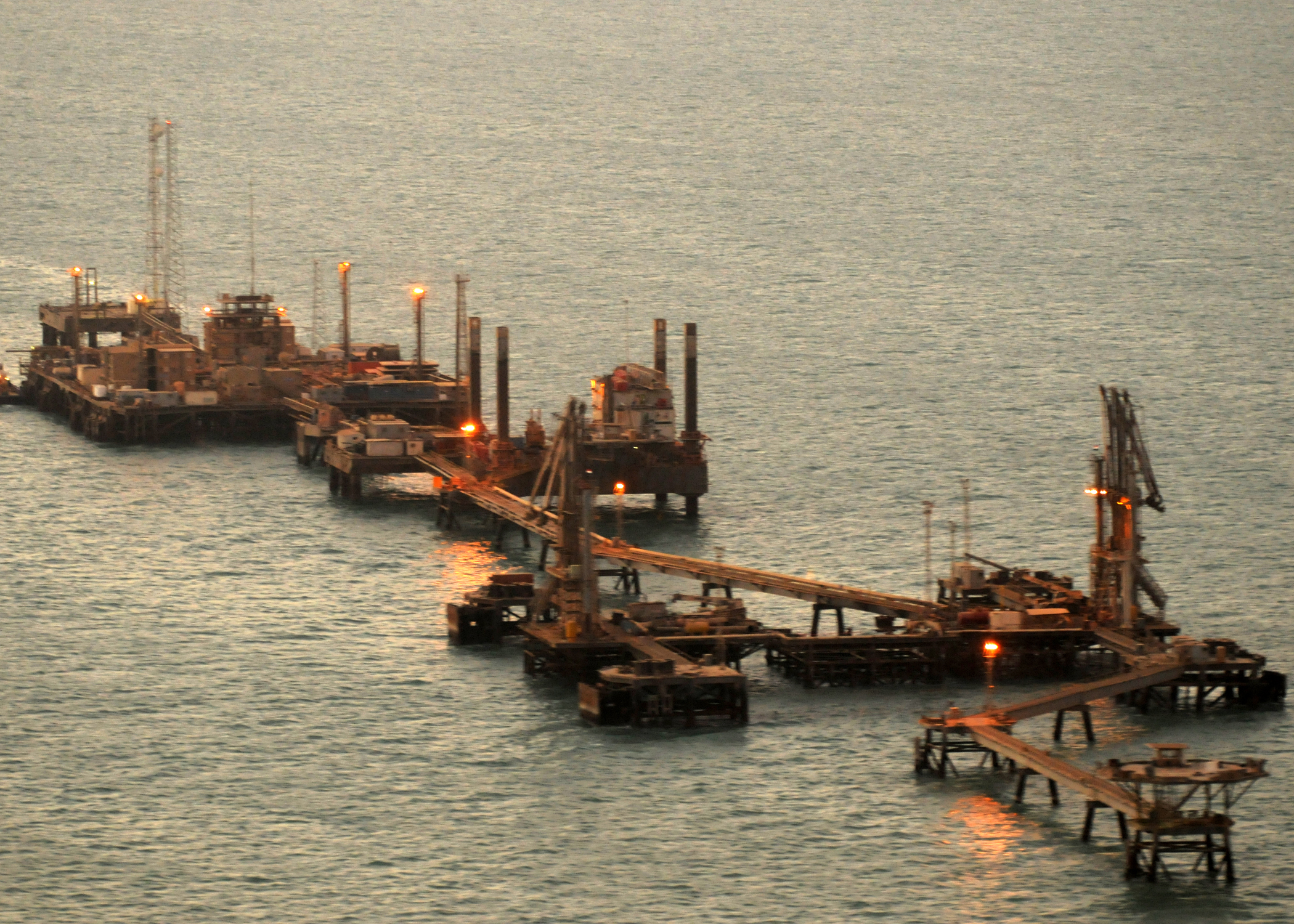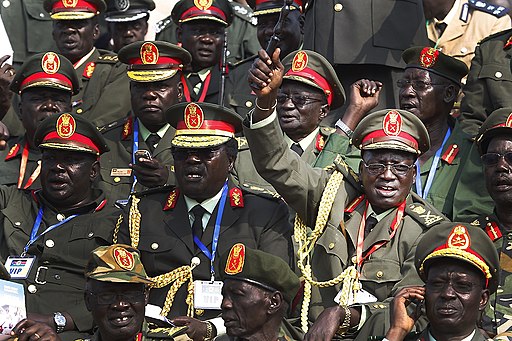How will traumatic decarbonization affect peace processes and political settlements in fragile oil-producing states in Africa and the Middle East?
Katrina Burgess and Javier Corrales

Decarbonization and Political Transformation in Iraq: The Impact on Politics, Society and Regional Relations
February 2023
When global oil prices fell precipitously in 2014, Venezuela and Ecuador were both ruled by left-populist parties reliant on massive oil rents. And yet their governments responded very
differently to the oil shock. Venezuela became more repressive and authoritarian while failing to take measures to prevent a complete collapse of the economy. The regime also turned heavily to a new form of extractivism (mining) and greater reliance on illicit transnational trade (of gold and drugs). By contrast, Ecuador liberalized politically while introducing some market-oriented reforms, including rapprochement with the IMF. Non-oil extraction and illicit trade also expanded but as a localized phenomenon rather than as a central policy priority of the state.
This paper seeks to explain why Venezuela and Ecuador took such divergent paths despite their similar starting points. Part of the answer may lie in Venezuela’s much higher dependence on oil exports and royalties before the crisis and much deeper collapse in oil production after the crisis compared to Ecuador. But this explanation is not sufficient for two related reasons. First, oil rents accounted for roughly the same share of GDP in both countries at the time of the price collapse. Second, the differences in oil dependence and production are endogenous to other political variables that we argue are behind these divergent paths. Specifi-
cally, we identify two such variables: the cohesion of the ruling party and the reach of the military/ coercive apparatus. We argue that differences across these variables at the time of the oil shock
explain why the two regimes responded so differently.
Authors
Katrina Burgess is Director of the Henry J. Leir Institute and Associate Professor of Political Economy at the Fletcher School, Tufts University. She is the author of Courting Migrants: How States Make Diasporas and Diasporas Make States (Oxford, 2020) and Parties and Unions in the New Global Economy (Pittsburgh, 2004). In 2019, she wrote and produced Waylaid in Tijuana, a documentary about Haitian and Central American migrants whose journeys to the United States are disrupted by shifts in U.S. policy. Her full list of publications includes books, chapters, and journal articles on labor politics, remittances, migration, and diasporas, including a recent article in Electoral Studies with Michael Tyburski on political party outreach to voters abroad. She has also taught at Brown University, Syracuse University, UCLA, and the Autonomous Technological Institute of Mexico (ITAM) and received her PhD in Politics from Princeton University.
Javier Corrales is Dwight W. Morrow 1895 professor and chair of Political Science at Amherst College in Amherst, Massachusetts. He obtained his Ph.D. in political science from Harvard University in 1996.
Corrales’s research focuses on democratization, presidential powers, ruling parties, democratic backsliding, populism, political economy of development, oil and energy, the incumbent’s advantage, foreign policies, and sexuality. He has published extensively on Latin America and the Caribbean. His latest book, Fixing Democracy (Oxford University Press, 2018), focuses on Latin America’s penchant for constituent assemblies and their impact on presidential powers and democracy. His co-authored book Dragon in the Tropics:Venezuela and the Legacy of Hugo was chosen both The Financial Times and The Guardian as essential titles to understand the crisis in Venezuela. His research has been published in numerous academic journals and Corrales is a regular contributor to The New York Times and has also written for The Washington Post, NPR, and Foreign Policy.
The Carbon Compacts, Decarbonization, and Peace in Fragile States in Africa and the Middle East project was a 21-month research project led by the World Peace Foundation at Tufts University and funded by the United States Institute for Peace. Our goal within the project was to analyze how traumatic decarbonization—a rapid loss of oil rents—would affect peace processes and political settlements in fragile oil-producing states in Africa and the Middle East.
Learn more about the Carbon Compacts, Decarbonization and Peace in Fragile States in Africa and the Middle East program.
Photo: La Perla’, en Venezuela/ “The pearl”, in Venezuela | Repsol (CC BY-NC-SA 2.0)



